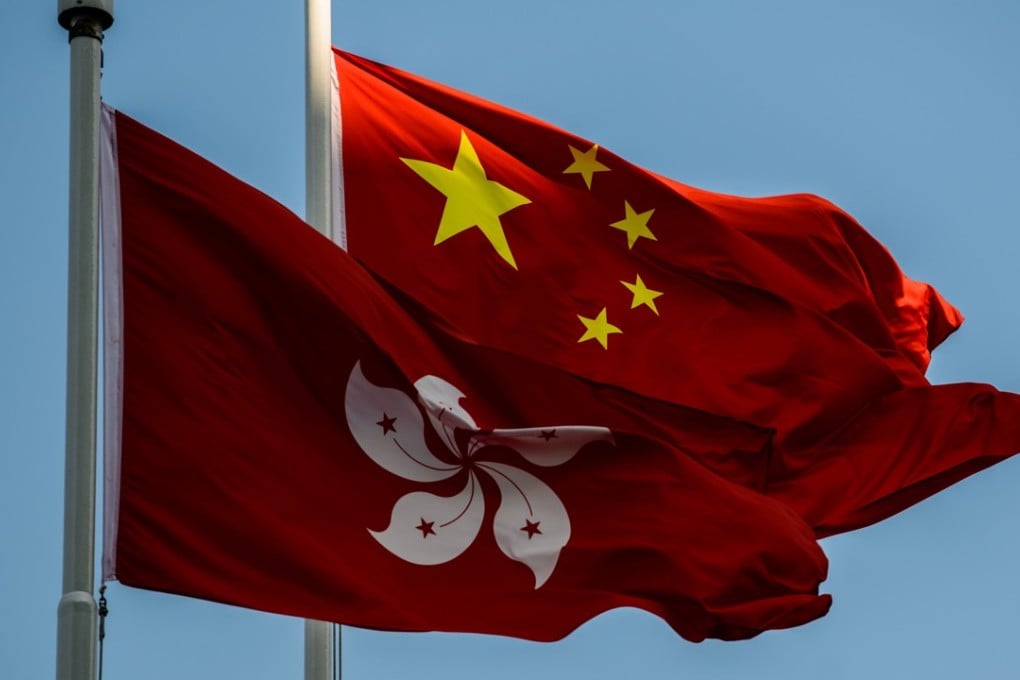Beijing has ultimate control of Hong Kong – that’s the reality of ‘one country, two systems’
Bernard Chan says Hongkongers who are worried about an erosion of their freedoms should understand that the post-1997 arrangement does not and cannot freeze Hong Kong-mainland relations in time. Change is inevitable, and Hong Kong should see that it, too, is shaping the future

Most of us recognise the importance of the “one country, two systems” formula to Hong Kong’s success. The idea began in the early 1980s as an imaginative solution to the question of Hong Kong’s future. It was seen as a guarantee that Hong Kong could reunite with China yet keep its unique characteristics as a society and an economy.
We take those booming years of the 1980s and 1990s for granted now. But without the “one country, two systems” promise, we would have faced a future potentially without rule of law and free flows of information, people and capital. There could have been a crisis of confidence, and history would have been very different.
“One country, two systems” is still a fundamental assurance – the underlying reason that skilled and talented people choose to live here, and businesses continue to locate and invest here.
Over the past few years, I have noticed a growing belief that the year 2047 marks the absolute end of “one country, two systems”. Various commentators, not only opposition figures, have claimed that we are now in a countdown – there are only 30 years to go before life as we know it in Hong Kong comes to an end.